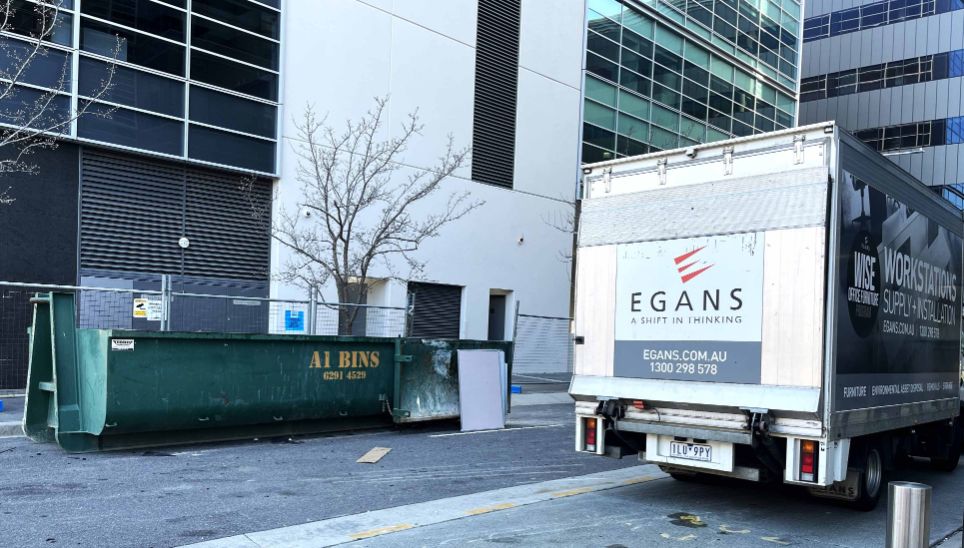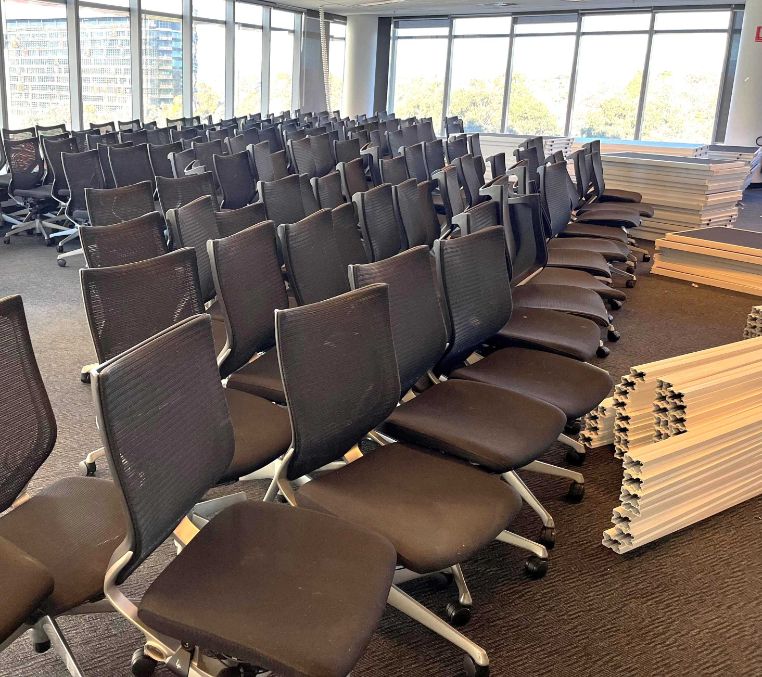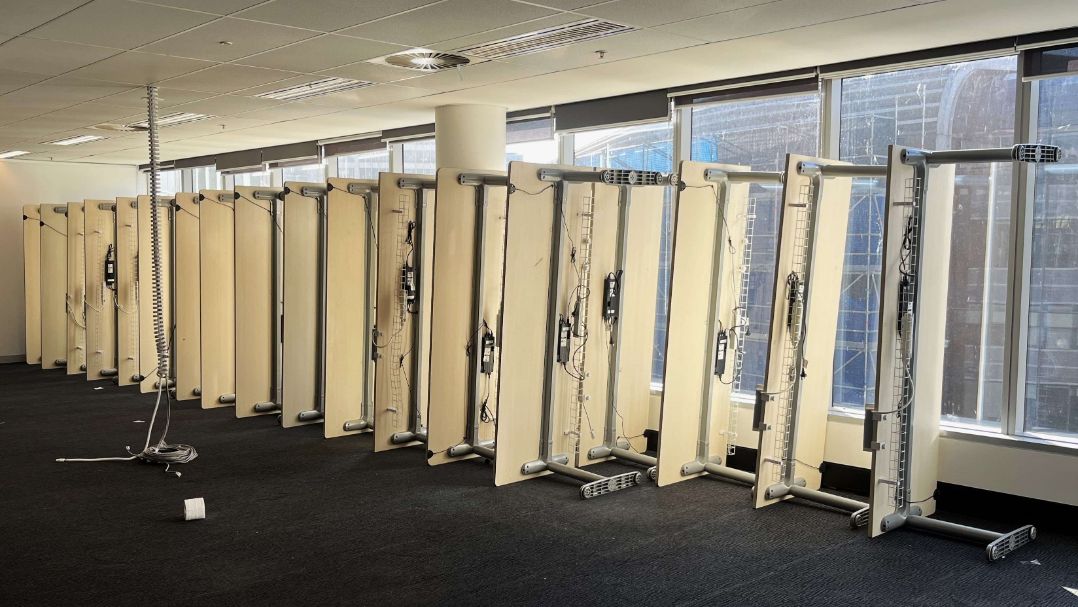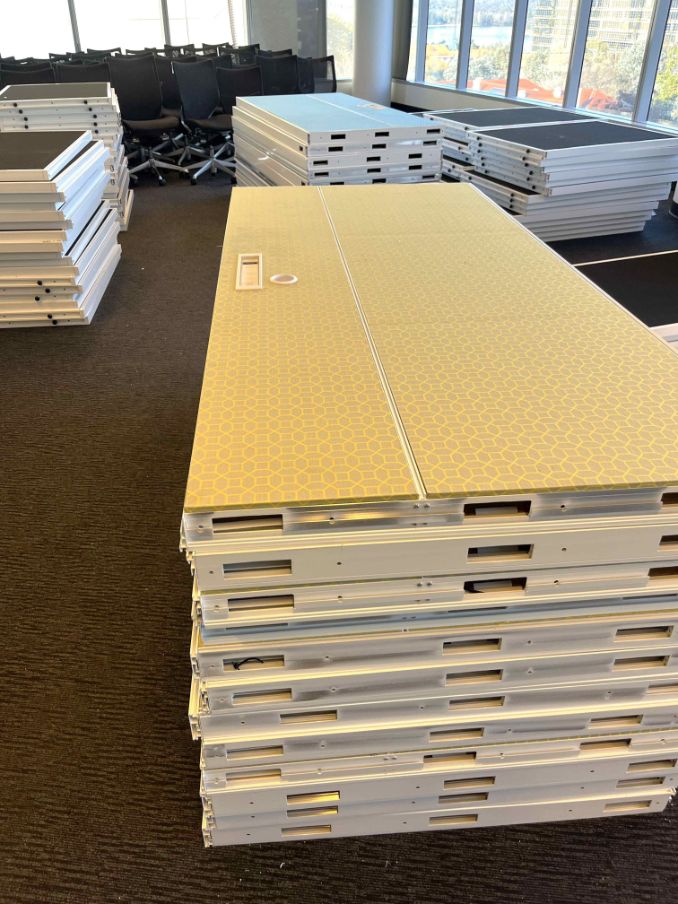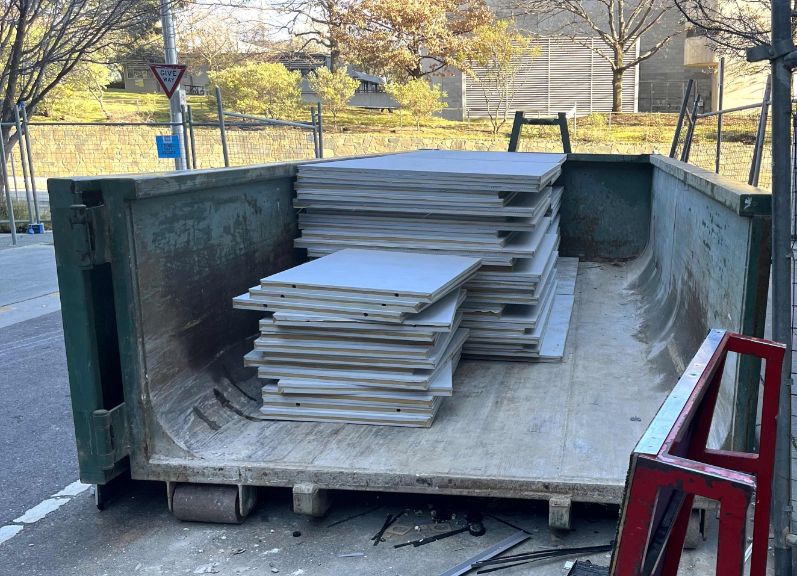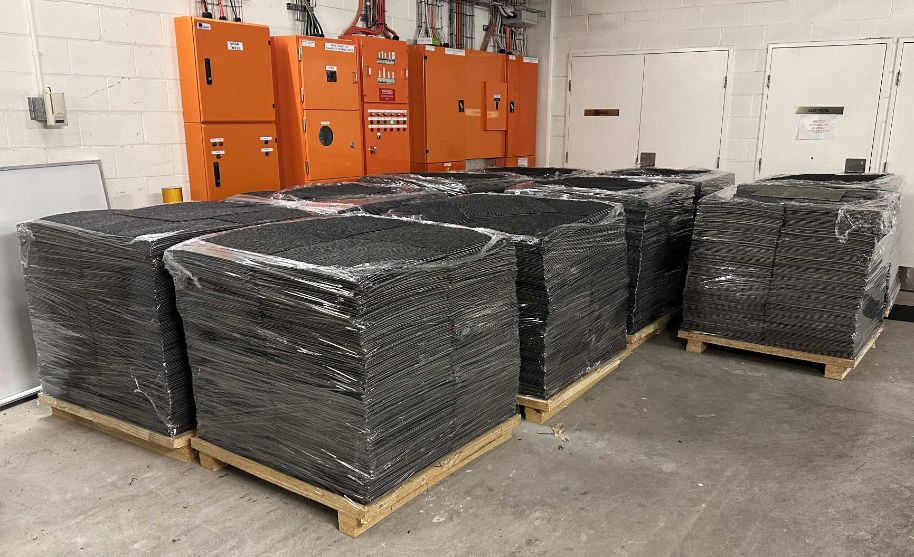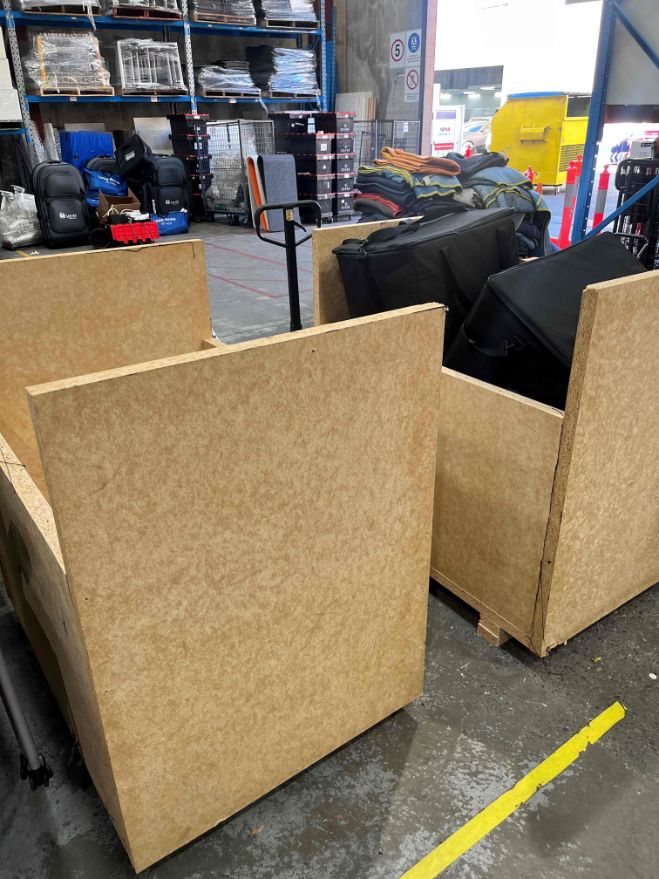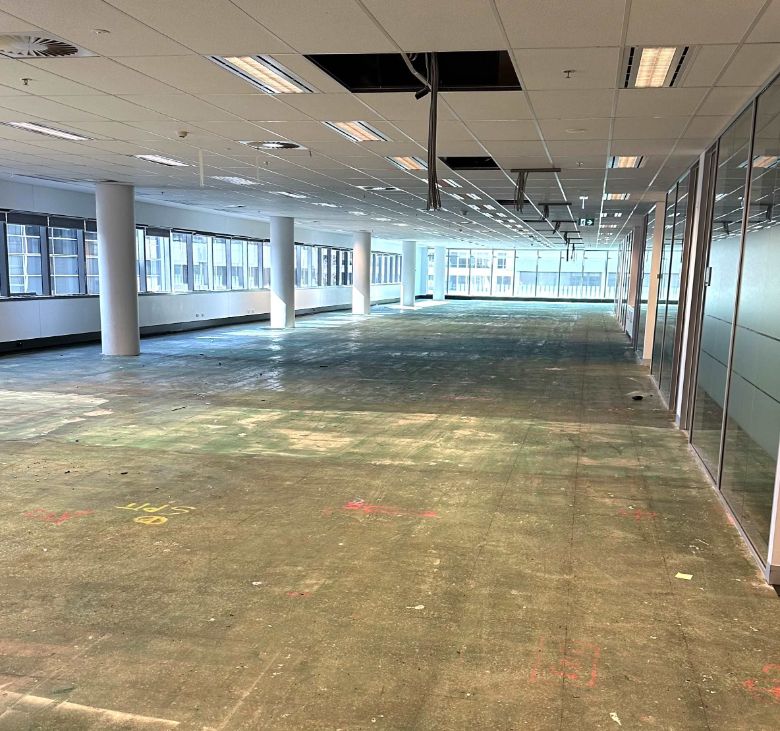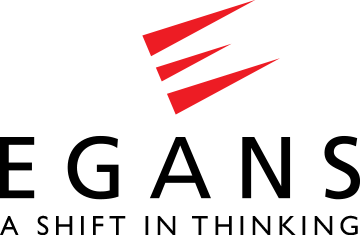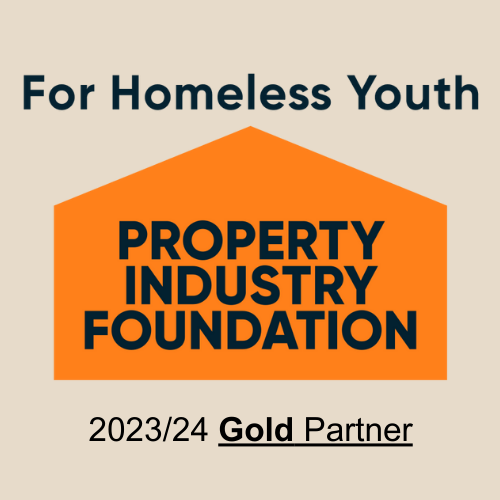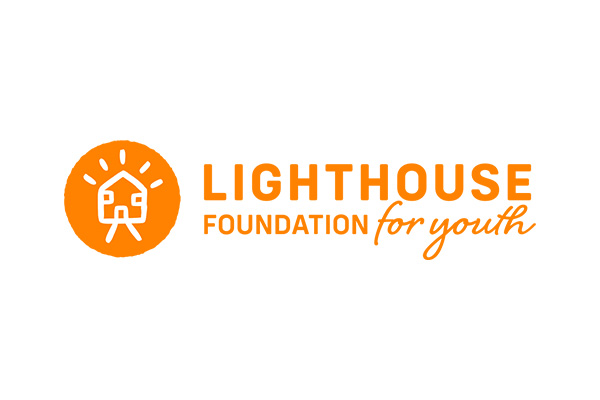Requirement
ISPT is committed to becoming Carbon Positive from 2025. Our circular services supported ISPT with this sustainability goal through the sustainable disposal of business assets from two sites in Canberra, ACT.
Circular services
- Relocation
- Reuse
- Remanufacture
- Recycle
- Charity Contributions
Stage 1: Scoping study:
- Assess & categorise office assets for condition, value & sustainable disposal options.
- Confirm access & supply lines to understand & quantify project logistics
- Research local markets to accept office assets for Retail and Wholesale resale.
- Research local markets to accept office assets for Split Waste Disposal including Recycle and Landfill.
- Research local market to accept office assets for Repurpose & Remanufacture.
- Research the latest sustainable disposal options for carpet tiles, ceiling tiles and melamine.
Stage 2: Partner selection
Sustainable partners were selected to implement our circular economy disposal plan as follows:
- Reuse – The Green Shed:
The Green Hub accepted large amounts of assets that were sold to consumers and small businesses boosting the local economy. Carpet tile recovery was particularly successful. Egans uplifted and palletised many tonnes of carpet tiles that were very popular with the locals for use in garages, home offices etc. - Resell – Ex Government Furniture:
This partner specialises in the supply of commercial furniture to small, medium and large businesses. Significant amounts of high quality assets were saved from landfill by being directed to this destination, generating significant amounts of Retail and Wholesale Sales. - Remanufacture – Shelvmaster:
Local partner Shelvmaster resold and reused compactus and shelving units in the local market. They returned storage unit components to the Australian manufacturer for reuse and/or remanufacture into reconditioned products - Remanufacture – Egans:
By trimming tops and resizing components, Egans reconfigured electric sit/stand workstations from over 2.2m to less than 1.8m to meet client specifications. Considering that workstation tops alone weigh between 25 – 50kg, this represented a major part of the Landfill Avoidance result. - Repurpose – Egans:
The project generated numerous large MDF panels that could not be recycled. Due to supply issues, there was a challenge in palletising assets such as carpet tiles onsite. The project manager onsite made ‘skids’ from the MDF panels providing a short-term solution for delivery to local partners. - Recycle – Borgs:
In our research for this project, Egans discovered that the Borgs facility at Mitchell had the capability to recycle suitable materials. For a reduced fee, Borgs transferred the materials in bulk, in trucks that would otherwise be empty as they returned from ACT to their processing plant in Oberon, NSW. An onsite meeting with samples confirmed what could be recycled and what could not.
Result
We achieved a 75% Landfill Avoidance Rate (LFA). If three legacy materials that cannot be recycled (eg. MDF) are removed from the result, the LFA increases to over 93%.
Considering that the current benchmark for landfill avoidance in Sydney CBD is around 30%, this was an outstanding result.
This highly successful project was conducted as a partnership between ISPT, Egans and a wide range of ‘destinations’ including local retail and wholesale resellers, not-for-profit reuse depots, split waste disposal (recycling) and charities.
The long lead time enabled our partners to prepare and ensure that there was an enhanced level of efficiency in operations. This raised effectiveness, producing an outstanding sustainable outcome.
Sustainable result:
- Waste Recycled – 119285kg
- Waste Recycled – 34.8%
- Waste Landfill – 87831kg
Social result
Egans raised over $60,000 for the Property Industry Foundation (PIF).
ISPT"It's truly rewarding to see the substantial social impact this project has created, notably in supporting organisations like the Woden Community Centre and Vinnies through asset reuse.
This achievement, in conjunction with the exceptional environmental performance of 76% landfill avoidance, far surpassing the current benchmark, is indeed a testament to the collaborative efforts and dedication of everyone involved.
We are equally excited about the prospect of continuing our collaboration with Egans.
Thank you once again for sharing these updates".

